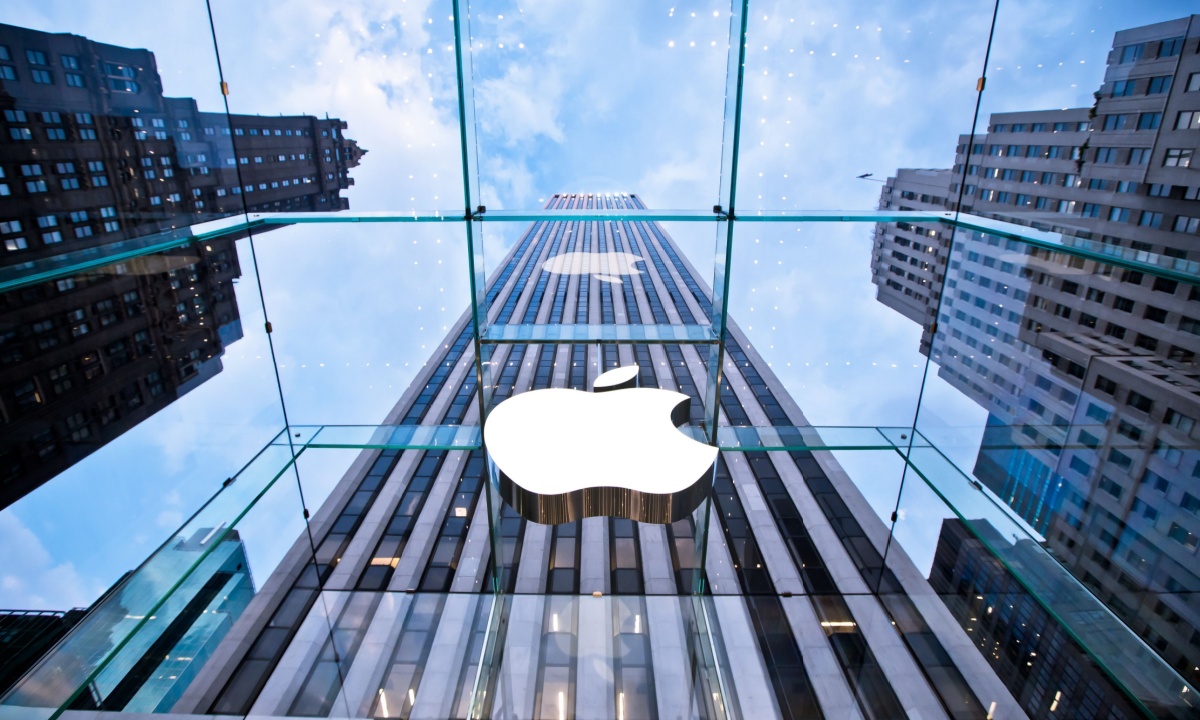
In a recent development concerning Apple’s ongoing legal battle with Epic Games, it has come to light that major app developers are not embracing the alternative payment options introduced by Apple earlier this year. According to testimony presented to a federal judge and reported by Bloomberg, the reluctance stems from the fact that the fees associated with these options are as high as those before the change.
US District Judge Yvonne Gonzalez Rogers, who has been presiding over the dispute between Apple and Epic Games for nearly four years, expressed criticism over the apparent lack of interest shown by major app developers in Apple’s proposed changes. According to Bloomberg, during a multi-day hearing addressing Epic’s complaint against Apple’s alleged non-compliance with a corrective order issued in 2021, Judge Rogers questioned an Apple executive, suggesting that the company’s aim appeared to maintain its previous business model and revenue structure.
Earlier this year, Apple announced that it would allow third-party apps sold in the US to include an external link to developers’ websites for processing payments related to in-app purchases. However, since the announcement, only 38 applications have been received for these outside links out of an estimated 65,000 app developers offering in-app purchases, as testified by company executives.
Read more: Apple to Challenge EU’s Digital Markets Act, Contests App Store Inclusion
According to Bloomberg, the primary reason cited for this tepid response is the hefty 27% fee that Apple imposes on developers opting for the link entitlement program. When combined with payment processing fees, this total surpasses the longstanding 30% commission Apple has traditionally taken from App Store transactions.
The revelation underscores the mounting pressure on Apple to revise its policies amidst longstanding complaints from app developers and global regulatory scrutiny. Despite Apple’s efforts to adjust some rules governing its dominance in the app distribution market, criticisms persist regarding the efficacy of these changes.
Epic Games has argued that Apple’s January revisions to the App Store rules fall short of meaningful reform, while Apple contends that it has complied with the remedy ordered by Judge Rogers three years ago. However, during the recent hearing, Judge Rogers indicated skepticism toward Apple’s claims of compliance. Testimony revealed that the 27% fee was approved by a committee including CEO Tim Cook and other top executives, prompting Judge Rogers to question why the potential cost to developers wasn’t thoroughly considered.
Apple’s vice president of finance, Alex Roman, confirmed that none of the 38 applications for the new outside payments program came from developers of major apps, underscoring the continued apprehension among prominent app developers regarding Apple’s proposed changes.
Source: Bloomberg
Featured News
Big Tech Braces for Potential Changes Under a Second Trump Presidency
Nov 6, 2024 by
CPI
Trump’s Potential Shift in US Antitrust Policy Raises Questions for Big Tech and Mergers
Nov 6, 2024 by
CPI
EU Set to Fine Apple in First Major Enforcement of Digital Markets Act
Nov 5, 2024 by
CPI
Six Indicted in Federal Bid-Rigging Schemes Involving Government IT Contracts
Nov 5, 2024 by
CPI
Ireland Secures First €3 Billion Apple Tax Payment, Boosting Exchequer Funds
Nov 5, 2024 by
CPI
Antitrust Mix by CPI
Antitrust Chronicle® – Remedies Revisited
Oct 30, 2024 by
CPI
Fixing the Fix: Updating Policy on Merger Remedies
Oct 30, 2024 by
CPI
Methodology Matters: The 2017 FTC Remedies Study
Oct 30, 2024 by
CPI
U.S. v. AT&T: Five Lessons for Vertical Merger Enforcement
Oct 30, 2024 by
CPI
The Search for Antitrust Remedies in Tech Leads Beyond Antitrust
Oct 30, 2024 by
CPI